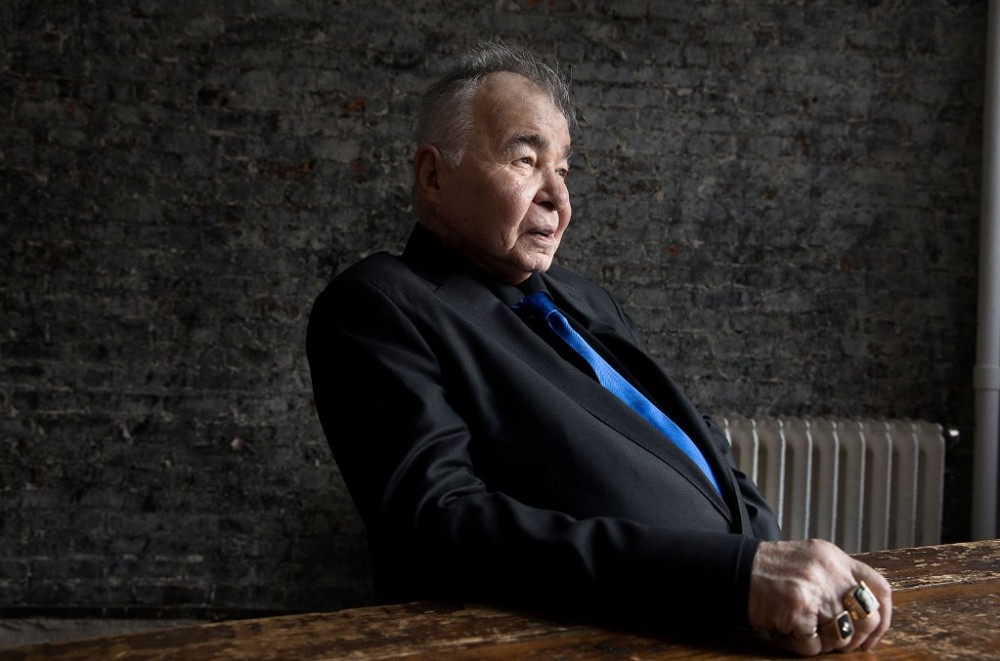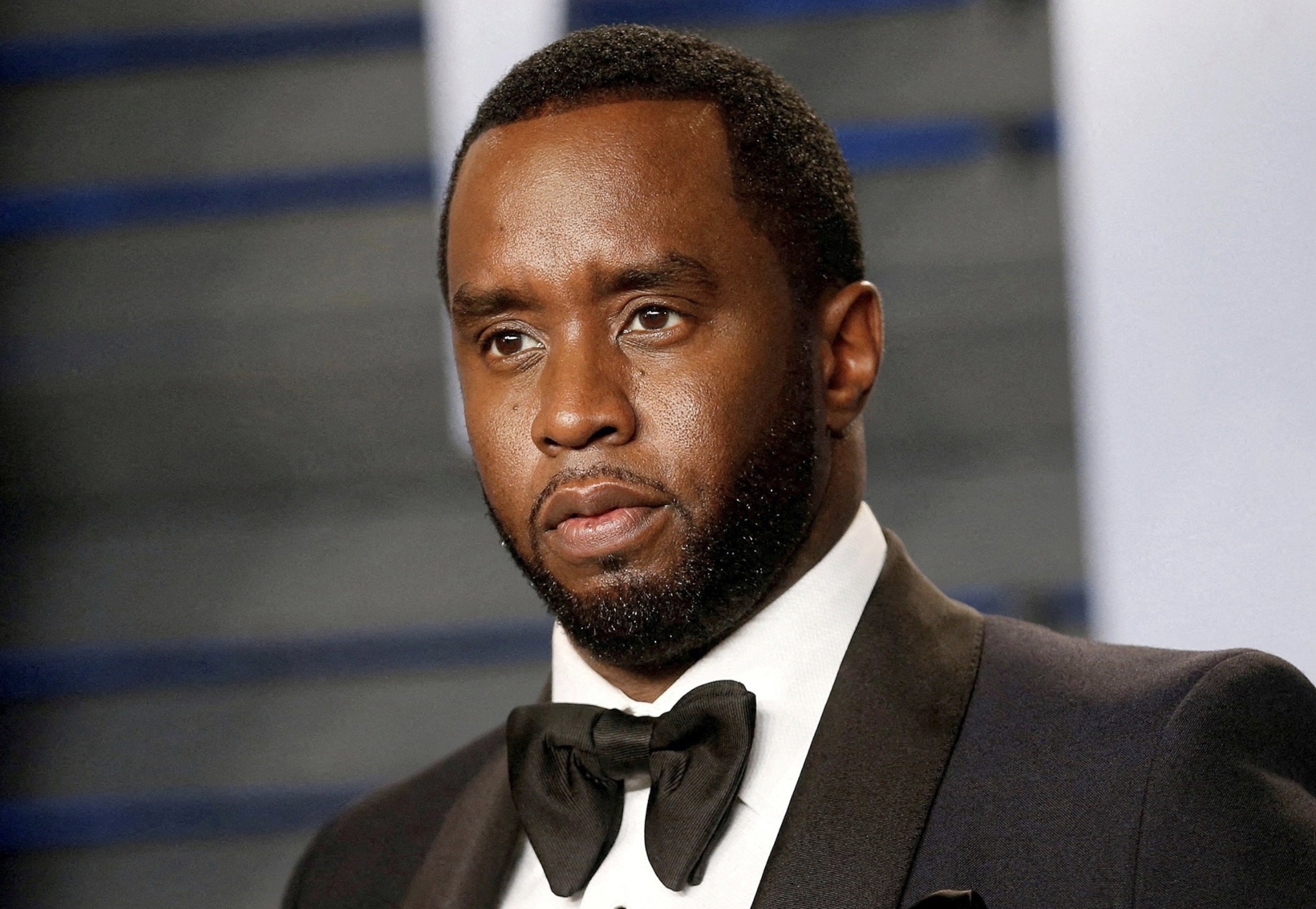The coronavirus hit the Nashville music industry hard this weekend, taking the life of country singer Joe Diffie and sending Americana singer-songwriter John Prine into critical care.
It escalated what might be viewed as typical loss-of-life cycles: Jan Howard, 91, died March 28, the day after her 47th anniversary as a member of the Grand Ole Opry. Her death wasn’t related to the virus.
The news about Diffie and Prine was particularly jarring, with announcements coming two hours apart. Diffie’s infection was revealed March 27, and his passing was noted in a short, one-paragraph statement at 2:30 p.m. CT on March 29; then Prine’s family revealed at 4:30 p.m. that he had been hospitalized on March 26 after displaying COVID-19 symptoms. Prine’s wife/manager, Fiona Whelan Prine, had announced March 17 that she had tested positive for the virus and that the couple was self-isolating to avoid passing it along.
The Nashville music community, already confined to its homes after COVID-19 forced a mass shutdown of the touring industry, poured its collective hearts into paying tribute.
Diffie was one of the significant voices of 1990s country. He earned heavy airplay for such muscular titles as “Honky Tonk Attitude” and “Third Rock From the Sun,” delivered adept ballads with “Ships That Don’t Come In” and “So Help Me Girl” and even slid western swing into the conversation “If the Devil Danced (In Empty Pockets).” Jason Aldean‘s single “1994” weaved a series of Diffie titles into its narrative, and Chris Young‘s “Raised On Country” likewise gave Diffie and “Honky Tonk Attitude” a shoutout.
Prine already has conquered multiple health issues, surviving throat cancer in 1998 and lung cancer in 2013. His graceful public adjustment only added to the respect he earned as a masterful songwriter who uses conversational language to invoke deep personal and cultural statements through such songs as “Angel From Montgomery,” “Paradise” and “Some Humans Ain’t Human.”
“This world desperately needs him around as long as possible,” tweeted John Paul White, formerly of The Civil Wars. “Side note: F you, Coronavirus.”
Some artists treated Prine’s affliction and Diffie’s death as a call to action to educate audiences in the heartland, which has reacted more slowly to the spread of the coronavirus than the states that were hit first.
“Man RIP Joe Diffie. A staple for so much about what I love in country music,” tweeted Travis Denning. “This shit is real y’all. Please stay home and stay safe.”
Kendell Marvel was more direct: “Anybody out there not taking this shit serious we just lost @JoeDiffieOnline to Covid and it breaks my heart and infuriates me that some of you don’t take it serious. Wake the hell up.”
Howard’s passing meant the loss of a longtime Opry figure who deftly balanced class and slyly acerbic humor. She earned two top 10 country singles during the 1960s, including “Evil on Your Mind” (No. 5, 1966), plus four top 10 duets with Bill Anderson. She also penned “My Son,” a tribute to her own child who died in service in Vietnam. The song received attention in the PBS series Country Music: A Film by Ken Burns.
And even Howard’s departure, although unrelated to the coronavirus, was viewed through the prism of COVID-19. “She left this world peacefully, without suffering or pain and without contracting this terrible virus,” posted her longtime friend, RCA Studio B tour guide Ron Harman, on Facebook. “That is comforting.”
This article first appeared in the weekly Billboard Country Update newsletter. Click here to subscribe for free.




